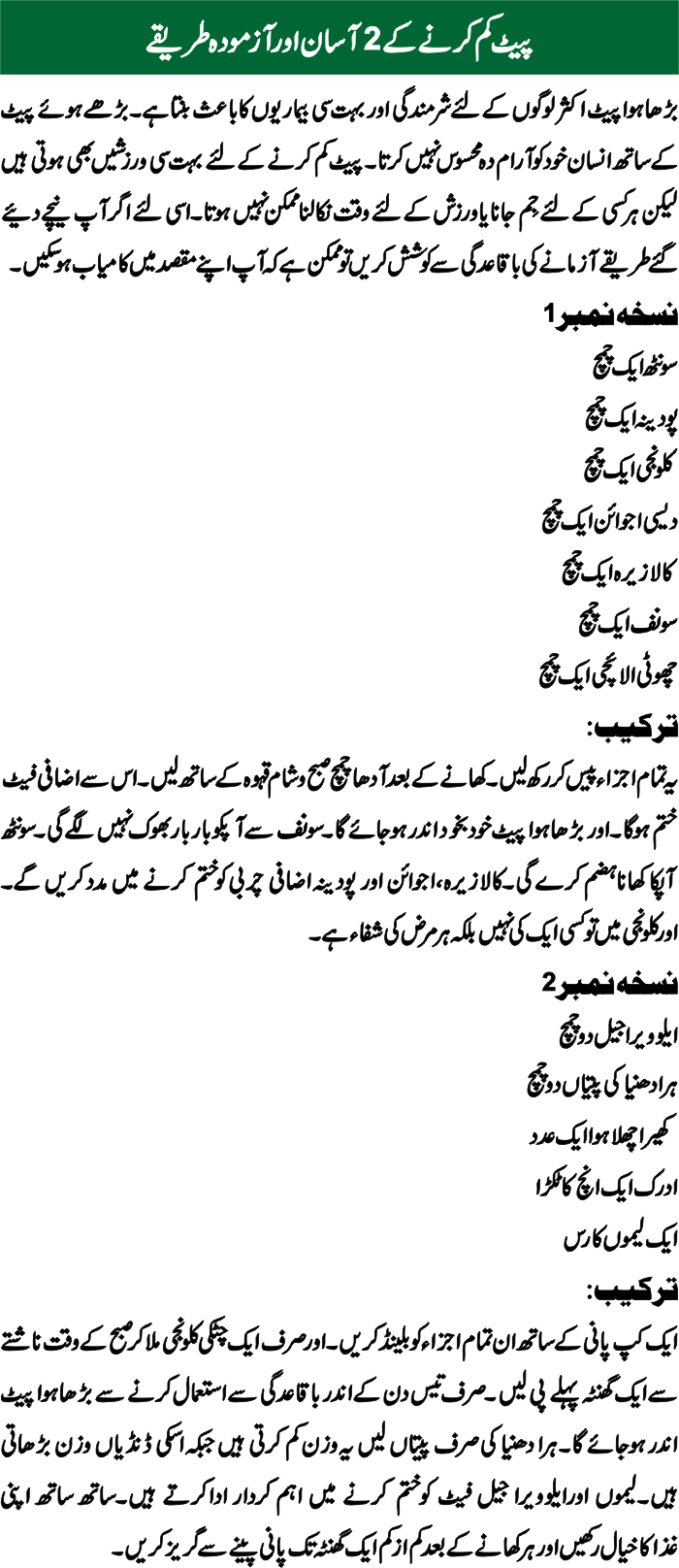
London: Alternate-day fasting may help overweight patients lose nearly 8lbs in four weeks, research has found. Volunteers were forced to starve for 36 hours before being allowed to indulge in whatever they wanted for 12 hours. Overall, their calorie intake reduced by more than a third, helping them shed body fat without missing out on the foods they enjoyed.
They also had lower levels of chemicals in the body which have been linked to age-related diseases or inflammation. Scientists believe it’s an easier way to lose weight than counting calories.
21 Days Challange to Lose Belly Fat
Some find it less restrictive and they claim it helps because it is similar to the diet of cavemen when food wasn’t available all the time.
Thomas Pieber, of the Medical University of Graz and co-author, said: ‘Why exactly calorie restriction and fasting induce so many beneficial effects is not fully clear yet. ‘The elegant thing about strict ADF is that it doesn’t require participants to count their meals and calories: they just don’t eat anything for one day.’
In recent years there has been a surge of research into fasting diets, including intermittent fasting, 5:2 diet, and alternate-day fasting (ADF). Advocates claim they have lost weight as well as seen their stress reduction and energy rocket. In the largest study of its kind to look at the effects of ADF in healthy people, the researchers recruited 60 people.
They were aged between 48 and 52 years and had an average body mass index of 25.5 – which would be considered just within the overweight band by the NHS. For four weeks, one group was told to eat their normal diet – or as much as they wanted – while the other group was on the ADF diet.
The ADF group were monitored to make sure they didn’t consume any calories for 36 hours, before indulging in whatever they fancied for 12 hours.
They were also asked to fill in diaries documenting their fasting days. Professor Harald Sourij, the co-author, said: ‘We found on average, during the 12 hours when they could eat normally, the participants in the ADF group compensated for some of the calories lost from the fasting, but not all.’
Overall, participants following the diet consumed 37 percent fewer calories and lost an average of 7.7lbs (3.5kg). The participants also had slightly less belly fat, according to the paper published in the journal Cell Metabolism.
The investigators found several other positive effects not linked to weight. For example, they had lower levels of sICAM-1, a molecule linked to age-associated disease, including cardiovascular disease and inflammation.
The researchers noted that ADF is ‘one of the most extreme diet interventions’, but potentially is more successful than just cutting calories. However, calorie-restrictive diets – where a person keeps within a calorie limit per day – can result in malnutrition, the researchers said.
There is also evidence it can compromise the immune system by reducing white blood cells. ADF doesn’t appear to threaten the immune system this way, supporting previous findings. Co-author Professor Frank Madeo said: ‘The reason might be due to evolutionary biology.
‘Our physiology is familiar with periods of starvation followed by food excesses. ‘It might also be that continuous low-calorie intake hinders the induction of the age-protective autophagy program, which is switched on during fasting breaks.’ dailymail










